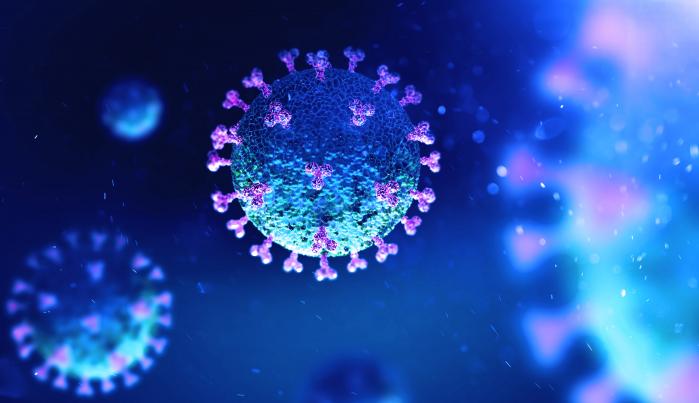Dear Lymphoma Canada Community,
The wellbeing of people with lymphoma and their caregivers is the top priority of Lymphoma Canada. People with cancer, who are in active cancer treatment or have previously been treated for cancer, older patients, and people with other serious chronic medical conditions, may be at higher risk should they contract the coronavirus (also called COVID-19). With this information and the population at large in mind, we are writing to provide an update on the steps we are taking to serve our community during this challenging time.
As we have seen this week, the coronavirus continues to spread in Canada and internationally. Like you, Lymphoma Canada is focused on the health and safety of our employees, their families, volunteers, and the patients and survivors whom we exist to serve.
To help prevent the spread of coronavirus and protect the health of our community, we have postponed all in-person events for at least the next six weeks. Lymphoma Canada instead will use digital platforms such as webinars and teleconferences to deliver live patient education programming. We will be keeping our website updated with any changes that affect our events, and will contact anyone who has made a booking directly should an event be postponed or cancelled.
Recognizing that members of our community may require additional education materials and services at this time, we want to encourage anyone in need of support to visit the following website for the latest information about COVID-19:
https://www.canada.ca/en/public-health/services/diseases/2019-novel-coronavirus-infection.html
While there is an obvious concern right now, we encourage all individuals to follow the steps below to protect yourself and your loved ones against COVID-19 and other viruses:
Practice good hygiene. Take everyday preventive actions to help stop the spread of germs:
- Wash your hands frequently.
- Avoid touching your eyes, nose and mouth, especially with unwashed hands.
- Cough and sneeze into your sleeve, not your hands.
- Avoid close contact with those who are sick.
- Stay home if you are sick to avoid spreading illness to others.
If you develop symptoms, talk to your doctor. If you develop COVID-19 symptoms, contact your healthcare provider about your symptoms and your travel or exposure to a COVID-19 patient. Symptoms may appear in as few as two days or as long as 14 days after exposure. Symptoms include fever, cough, and shortness of breath.
Limit travel outside of Canada. Canada’s Chief Public Health Officer is urging all Canadians to postpone or cancel non-essential travel outside of Canada. All travellers should be aware that there are additional health risks when you travel. We suggest that you check the Government website for advice about foreign travel, which is updated regularly regarding coronavirus. It is important to note that there are several active travel health notices for COVID-19.
For immunocompromised individuals. The Public Health Agency of Canada recommends protective self-separation for a person who is at high-risk for severe illness from COVID-19 (e.g., older adults, those with chronic underlying medical conditions or immunocompromised) when the virus is circulating in their community. Protective self-separation involves avoiding contact with other people but does not require someone fully self-isolate.
Lymphoma Canada is committed to supporting the lymphoma community during this difficult time by delivering high-quality education and support resources. We invite you to share this message with any patients you believe will benefit from this information.
Antonella Rizza
Chief Executive Officer
Claudio Grossi
Chair, Board of Directors






